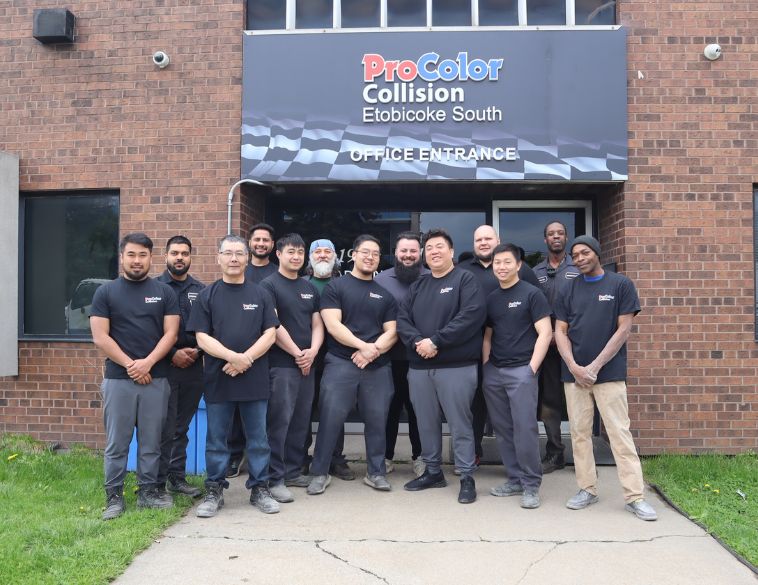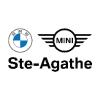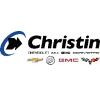Time is running out. Postponing the training of our technicians could have a detrimental effect on our companies.
I know that there’s no shortage of work in collision shops at the moment and that freeing up technicians to send them on training courses is counter-intuitive. However, acquiring this knowledge and these skills is essential in the current context of rapid and constant advances in automotive technologies.
Collision shop owners are at the forefront of this technological shift. Cars fresh from the dealers’ forecourts are exposed to the hazards of the road, and may end up in our shops before the smell of a new tank has dissipated.
Growing complexity
New materials, complex painting processes, electronic analyses and adjustments to advanced driver assistance system components are just some of the new challenges facing our technicians. Added to this are the repair processes established by car manufacturers to guarantee the safety of the vehicles we put back on the road.
The work of collision shop owners has always evolved, but never at such speed. More than ever, shops need to take advantage of programmes offered by I-CAR, MJ Consultech for ADAS, its banner and its paint, materials and equipment suppliers to enhance the skills of their technical teams.
What’s more, training is an indisputable tool for retaining employees. A trained technician is valued, will look up to his employer with respect and will be much more productive. Not only do skills ensure that work is carried out to the highest standards more quickly, they also have a direct impact on eliminating many of the problems that can lead to a dissatisfied customer returning. We need to erase this perception of a race to the bottom, where investing in training means risking the loss of added-value employees who will go and see where the grass is greener. The sector must work together to develop the expertise on which our reputations are based.
At the same time, insurers must also continue their efforts to upgrade their understanding of our sector. The complexity of repairs needs to be understood by everyone. As is the financial impact of maintaining skills and acquiring the necessary equipment.
The arrival of electric vehicles
The arrival of electric and hybrid vehicles in our shops is a good example of the challenges facing the collision sector and the need to update skills. This is a whole new field of expertise where there’s no room for sorcerers’ apprentices.
The CPCPA, which has provided collision shop owners with tailor-made training through its EV Skills programme, recently explained the risks involved in working on these high-tech vehicles in a highly innovative way.
Collision shop owners know only too well that the vehicles entrusted to them can no longer be repaired in the same way as just a few years ago. Electric and hybrid vehicles are no exception. Once again, to embrace these technologies and grasp the real commercial potential they offer, training is the only solution.






 BOUCHERVILLE
BOUCHERVILLE Full time
Full time


